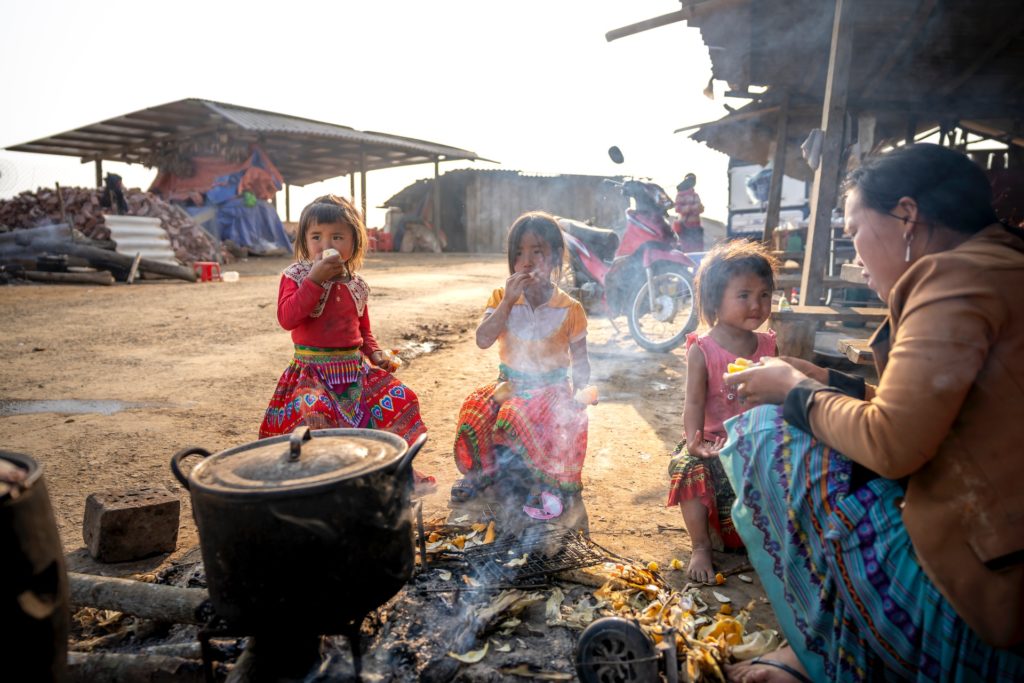Explore how cross-sector collaboration and holistic solutions can transform agricultural supply chains, empowering smallholder farmers who produce 70% of global food supply
Breaking Down Supply Chain Silos
Smallholder farmers produce 70% of global food, yet face persistent challenges that threaten both their livelihoods and global food security. The current approach to sustainable agriculture is fragmented, with companies operating in isolated commodity-specific silos. This fragmentation prevents valuable knowledge sharing across different agricultural sectors, from cotton to palm to cocoa. To build truly resilient supply chains, we need cross-sector collaboration that addresses the complex political, economic, and social realities of farming communities.
Building Holistic Solutions
The path forward requires a multi-faceted approach that goes beyond traditional technical training. We must integrate political science to understand governmental structures, development economics to grasp rural community dynamics, and ethnography to comprehend social structures. Companies, development agencies, and NGOs need to work together across different geographies, sharing insights and best practices. This collaborative approach should focus on action-oriented solutions that can be implemented effectively in key agricultural regions.
Conclusion
The transformation of agriculture depends on shifting our perspective of farmers from passive recipients to active managers. Success requires transparent information sharing at economic, social, and environmental levels. By recognizing farmers’ capacity to understand supply chain constraints and make informed decisions, we can build more resilient and sustainable agricultural systems for the future. never underestimate the capacity of the farmer to understand the constraint from other stakeholders of the supply chain. The real transformation of agriculture will definitely require a shift of our perception from a farmer who is a passive recipient to an active manager aware of his economic, social and environmental surrounding enabling to take the right decisions. That’s why technical trainings are not the only lever to empower farmer through this direction.
CEO & Cofounder. Author of several books and resources on business, sustainability and responsibility. Working with top decision makers pursuing transformational changes for their organizations, leaders and industries. Working with executives improving resilience and competitiveness of their company and products given their climate and human right business agendas. Connect with Farid Baddache on Twitter at @Fbaddache.


